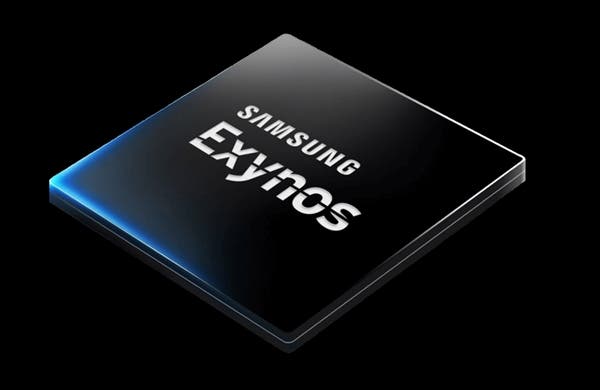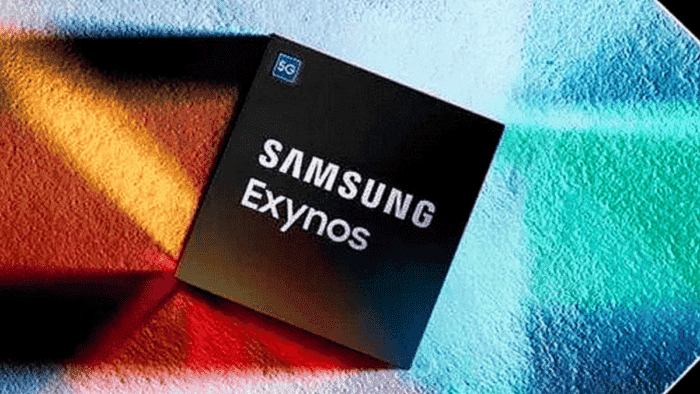Until this year, Exynos processors were generally not worth much attention and did not claim to be the event of the year. From time to time, Samsung exchanged blows with Qualcomm’s top-end chips, but did not seriously encroach on Snapdragon’s dominance. Samsung decided to change the balance of power in the market with the release of Exynos 2200.
Now the attention of the industry is riveted on this processor, which will receive the Galaxy S22 series. Many are wondering if the Exynos 2200 with Xclipse 920 graphics chip will be able to overcome the 2022 hit – Snapdragon 8 Gen 1. But this year the company will definitely not throw off the shackles of Qualcomm; and increase the number of regions where the Galaxy S22 series flagships will be available with Snapdragon 8Gen1.
The Androidcentral publication suggested that this year could be a turning point; and the company will head towards releasing its flagships only with proprietary processors. The Exynos 2200 is just the first step towards making this happen. And what will make its processors successful is not so much RDNA 2 graphics with ray tracing, but artificial intelligence. The company may well adopt the algorithms and principles of NPU operation; that were implemented by Google in the Tensor chipset. As you know, this processor was born with the participation of Samsung.
Rejection of Qualcomm chips will offload the development team, who are forced to adapt the software for various SoCs. They will be able to focus more on developing better and more polished software. True, the company will have to somehow get around the existing restrictions that prevent it from offering flagships in the US market with its own Exynos chips.

Exynos 2200 vs Snapdragon 8 Gen 1
The PhoneArena resource recently compared the Samsung Galaxy S22 Ultra versions based on the Snapdragon 8 Gen 1 SoC (Samsung model number SM-S908U) and Exynos 2200 SoC (Samsung model number SM-S908B) in Geekbench. The highest scores for both options were compared.
So, the Geekbench test shows that the Exynos 2200 version scores 1168 points; while the Snapdragon 8 Gen 1 scores 1226 points. In multi-core tasks, the Exynos 2200 outperforms the Snapdragon 8 Gen 1 variant with 3462 points with a score of 3508. It is worth noting that the single-core performance of the Exynos 2200 version of the Samsung Galaxy S22 Ultra was almost twice as high as the result published in November.
Previous generations of flagship Exynos SoCs have earned a reputation for being slower than their Snapdragon counterpart; but that could change this time around. The Geekbench 5 test mainly focuses on CPU testing, so the results do not represent GPU performance.






If Samsung was foolish enough to put the Exynos chip in their phones sold in North America, No one will buy them.
The average person quite literally does not care if it's running on Exynos or Snapdragon, so your thinking that no one would buy them is quite hilarious. As long as the phone does the same exact stuff that people expect, people will buy them. The people who actually care about chipsets are such a small minority of phone users that it wouldn't make a dent in the pockets of Samsung